Daisy Alioto in conversation with Kate Zambreno ahead of the reissue of Zambreno’s 2012 book, Heroines.
This is part one of a two-part conversation with writer Kate Zambreno, whose 2012 book Heroines is being reissued by Semiotext(e) in March 2024 with an introduction by Jamie Hood (preorder it here). Heroines is a hybrid work of personal essay and criticism, looking at the female partners of famous modernist writers and their lost creative outputs. “I align myself with the genealogy of erased women,” Zambreno writes, never shying away from abjection.
The book is a call to arms, “Fuck you to the objective correlative. Fuck the canon. Fuck the boys with their big books.” It re-enters a publishing landscape that is both more and less comfortable with discussing gender than it was over a decade ago. Zambreno has gone on to publish nearly a dozen more books including my favorites, Drifts and The Light Room, which cement Zambreno’s entry into the heart of the publishing industry while maintaining the perspective of a perpetual outsider—outside the credentialed class, the financially secure, the relentlessly careerist.
Her later output is the best evidence I’ve seen that there is no such thing as writing about not-writing because as soon as you write…you do. Situating Heroines in these later meditations on what it means to be a writer and critic while the author is researching and identifying with figures like Hervé Guibert and Joseph Cornell, I keep coming back to this image from the 2012 book, a youthful mental breakdown by a young woman who desperately wants to be a writer and is not yet comfortable in her outsiderhood: “the hallucinations at 4 am from the cocktails of drugs licit and illicit and the waterbed I hacked to pieces with an axe because I didn’t know how to get it out of my subletted apartment…”
If a book is “the axe for the frozen sea within us,” Zambreno’s writing is the axe for the bloated waterbed of creative decline we find ourselves lying in. It’s time to get up!
Daisy Alioto: Much of Heroines deals with the compromises that creative women like Zelda Fitzgerald and Jane Bowles made for their male partners and the way that they were “discarded” in their lifetimes and ultimately mainstream literary history.
Your own story of being a writer and teacher in a relationship with another writer and librarian (John Vincler) weaves through the book as you research and surface the stories of these women. Sometimes your conversations with John about your work make their way into the book.
You’re married, I’m married. How do you handle the tension between your spouse as a character in your writing and your spouse as a sort of editor of your writing. Has the way you handle that tension changed between when Heroines was first issued and now?
Kate Zambreno: When I met John I was the editor of an alt weekly (remember those?) called New City in Chicago. I wrote this fictional, anonymous column for New City called Fresh Hell with a character named Janey Smith, named after Kathy Acker’s Blood and Guts in High School.
John always edited them, and it was always very tempestuous, our editing relationship, through a lot of our life. But he also took me seriously. We've been together 20 years.
He always is a very good editor, but John has, like maybe other men, terrible bedside manner when he's editing. If he doesn't like something, he won't pretend he likes it. And I think that contributed to my Zelda Fitzgerald and Jane Bowles and Vivienne Eliot obsession that I was documenting in Heroines. That their husbands, who were seen as geniuses, also edited them and took their language. (Something that John would never do.) I was really enraptured and destroyed by this idea of this editor-writer relationship that was so gendered and also felt so much like the psychoanalyst-patient relationship.
I don't show John everything anymore. I keep it really private now, because I think especially because we live in this small apartment, we're always on top of each other, we have two children who don't have much sense of space or boundaries with us, the writing space, the notebook space is my privacy. And it always has been.
|  | Oct 24, 2023 |
|
| 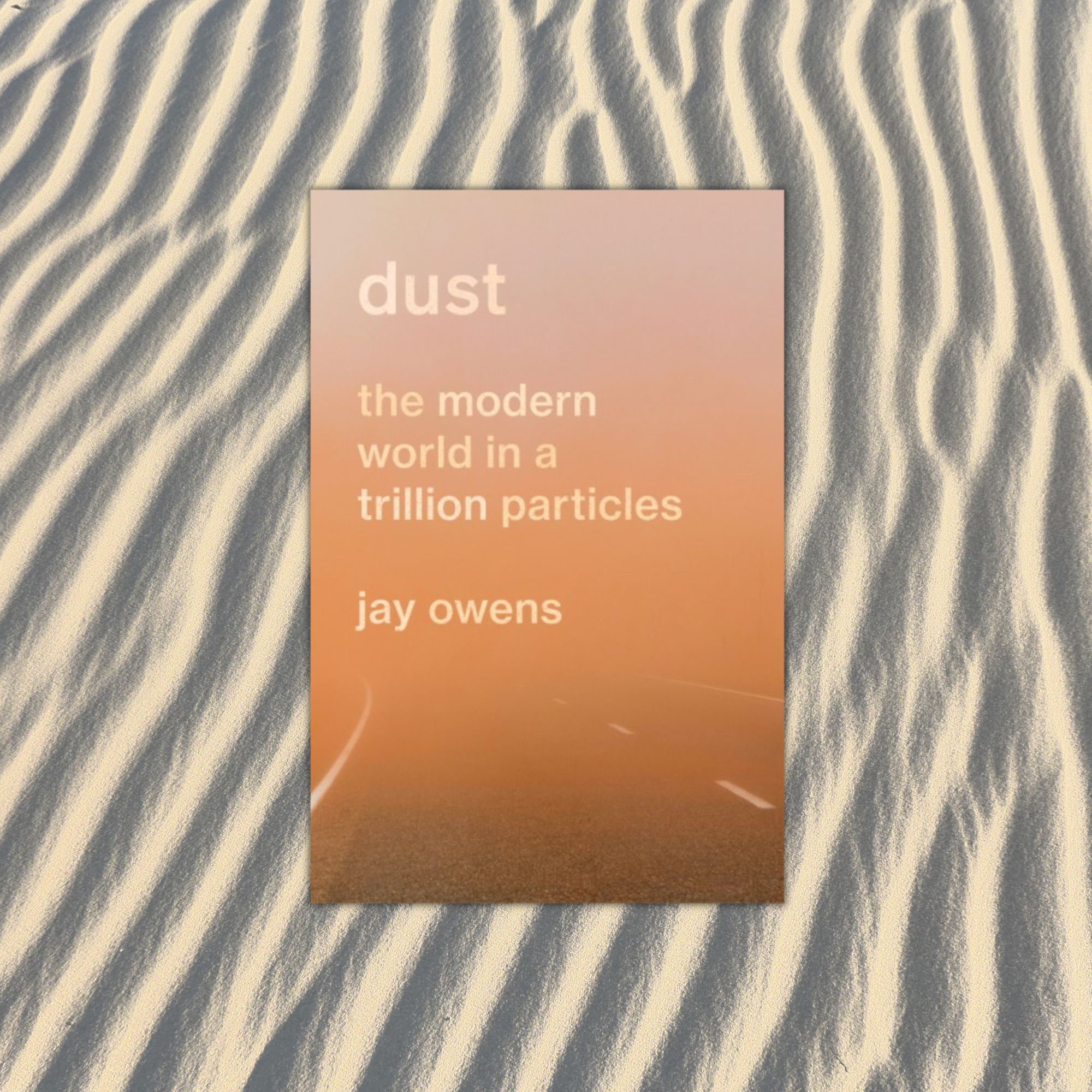 | Nov 14, 2023 |
|
| 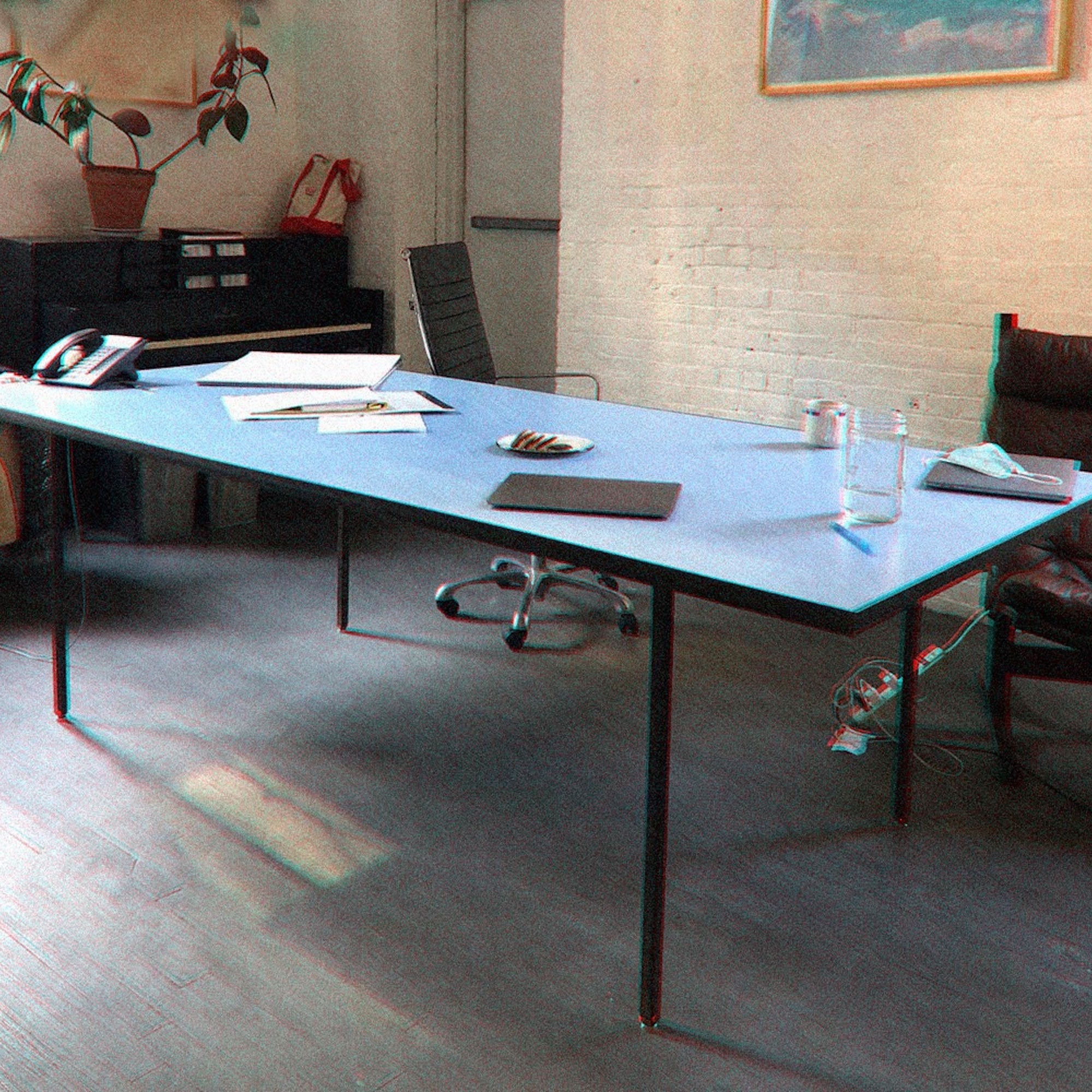 | Jan 5, 2022 |
|
| 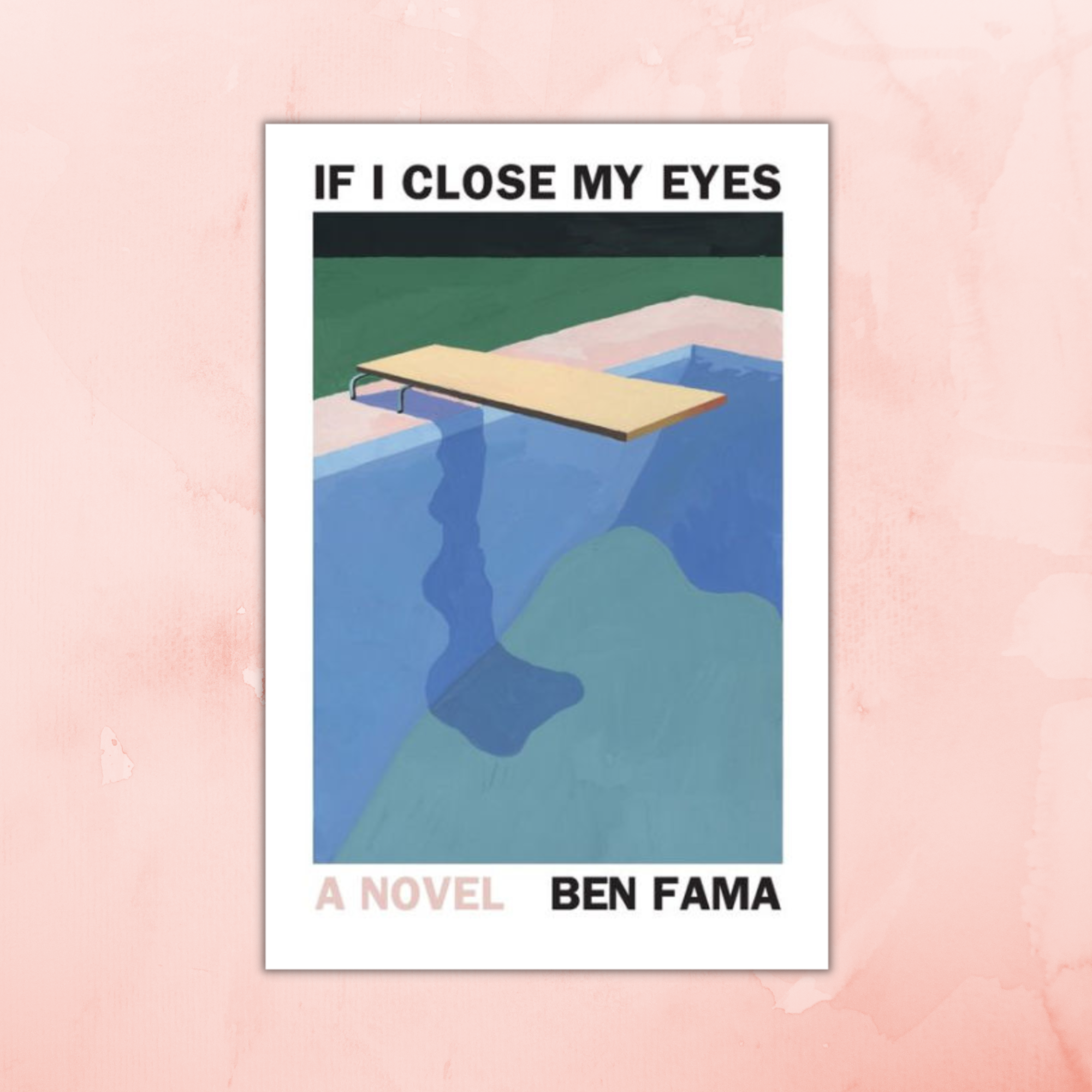 | Oct 13, 2023 |
|
| 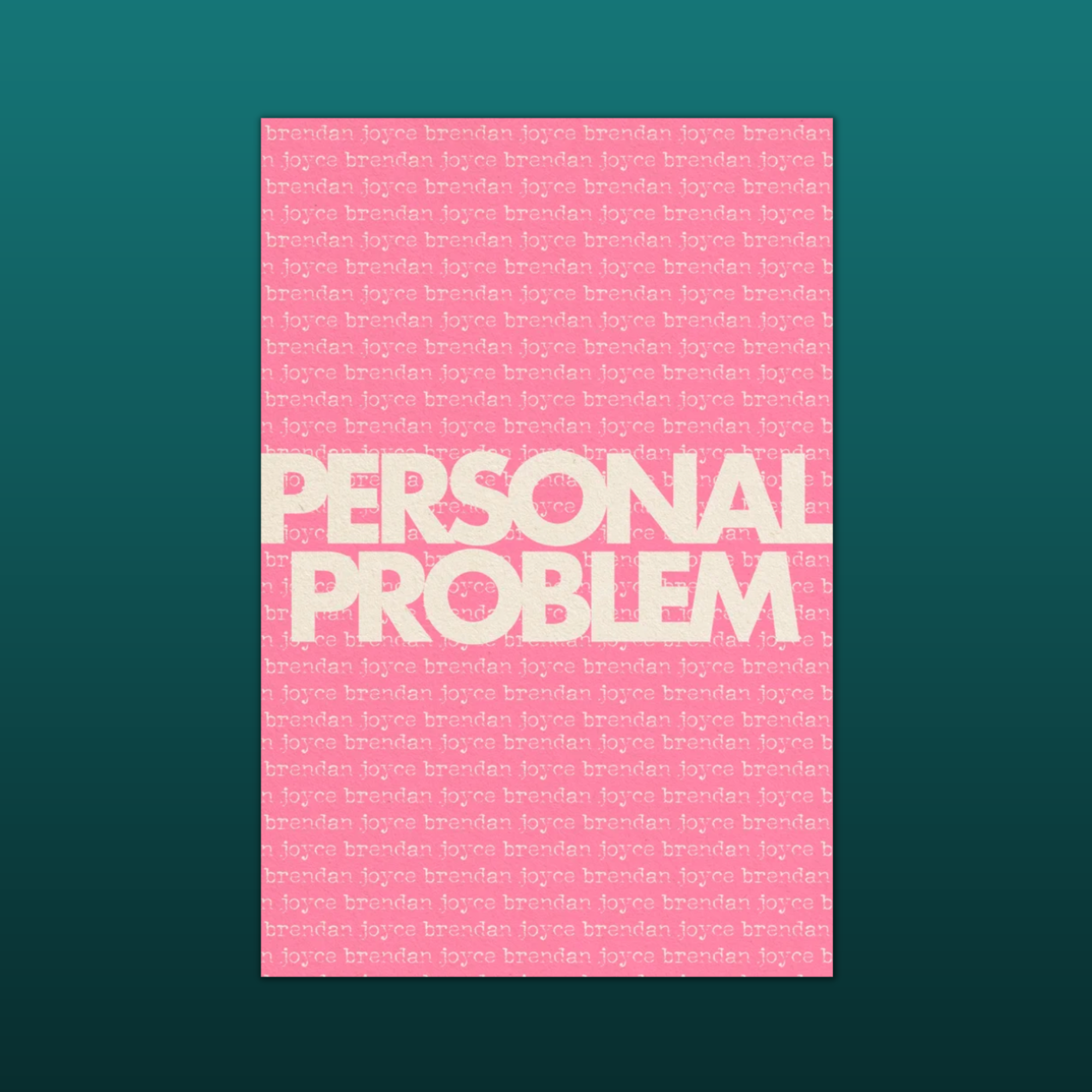 | Sep 19, 2023 |
|
| 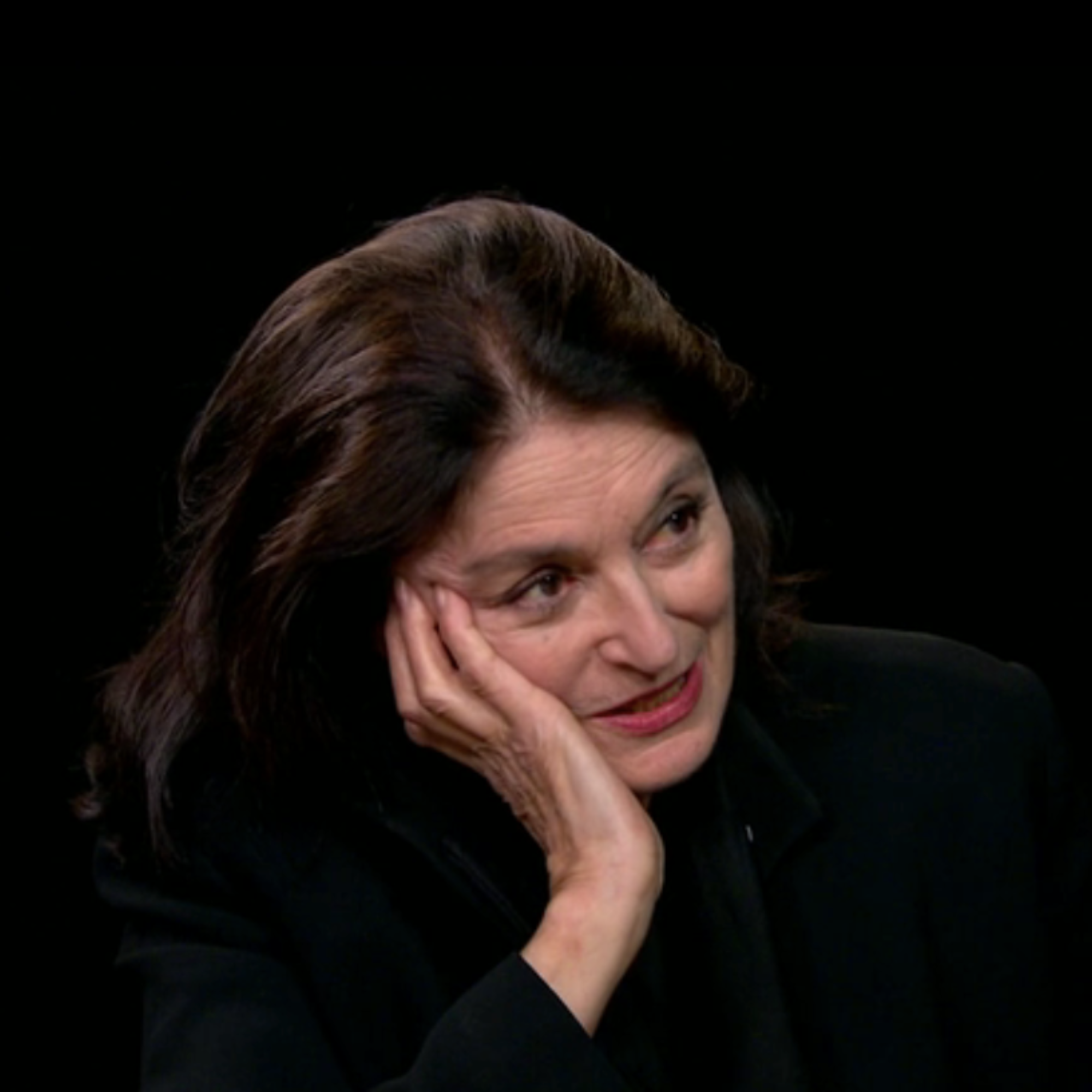 | Mar 27, 2021 |
|
| 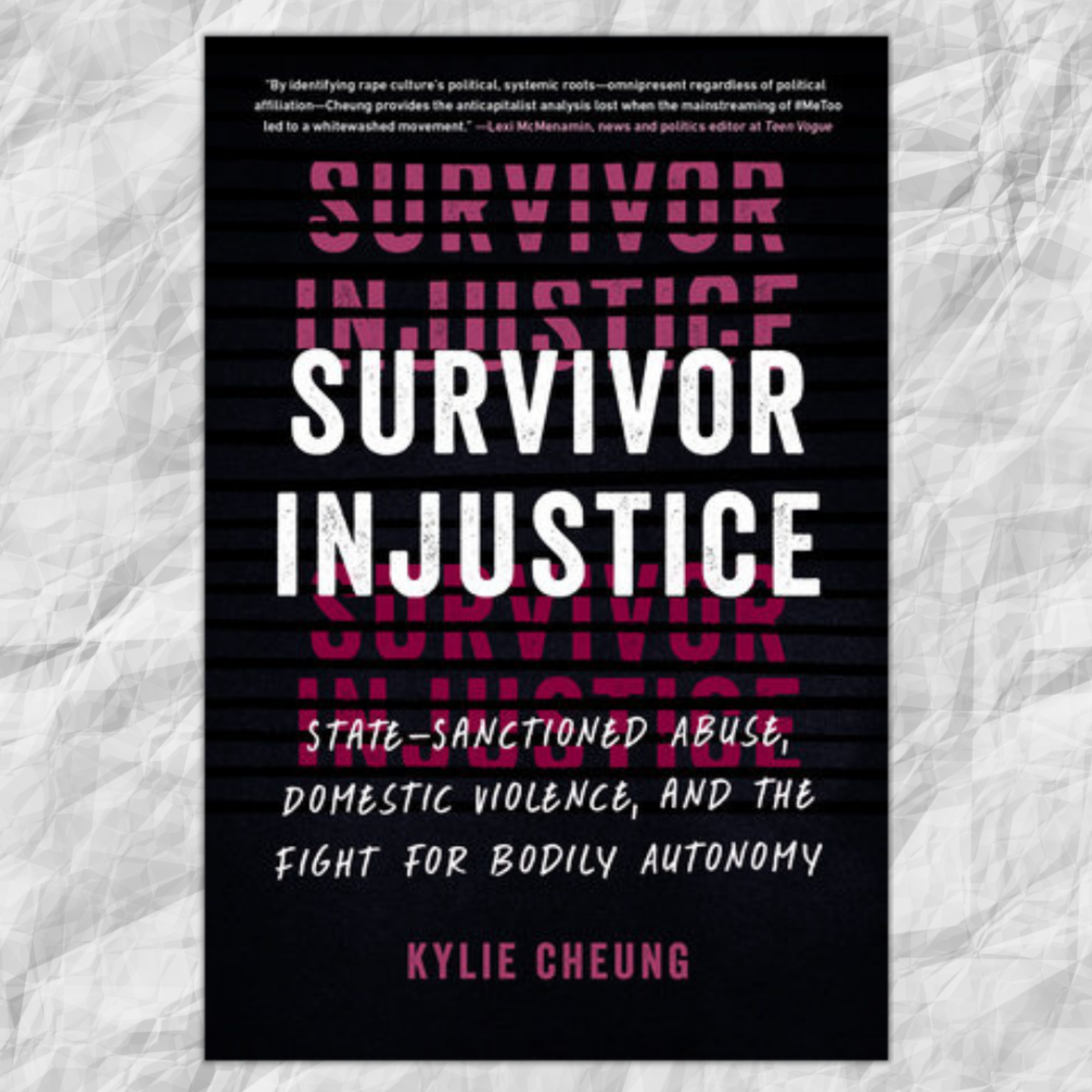 | Aug 22, 2023 |
|
|  | Jul 19, 2023 |
|










